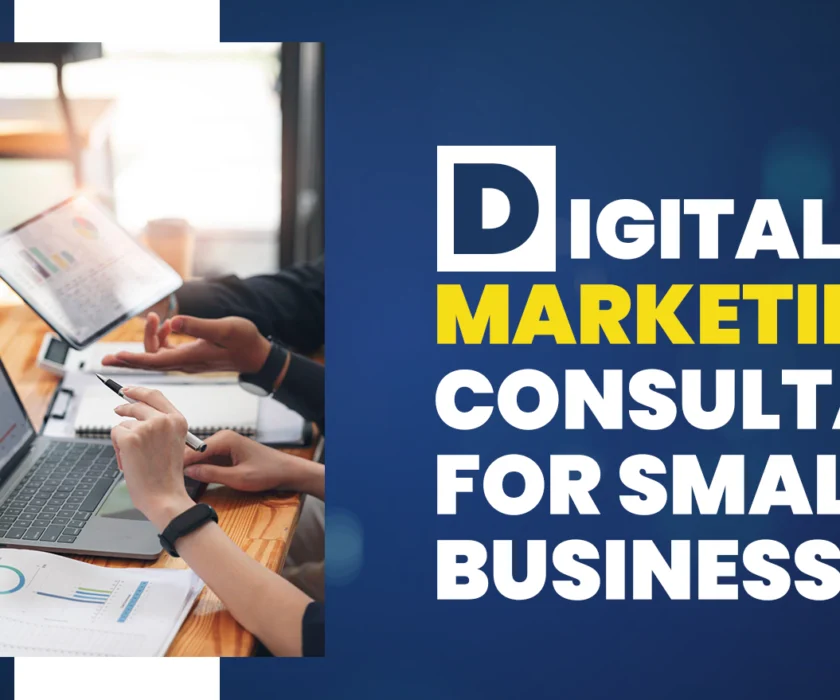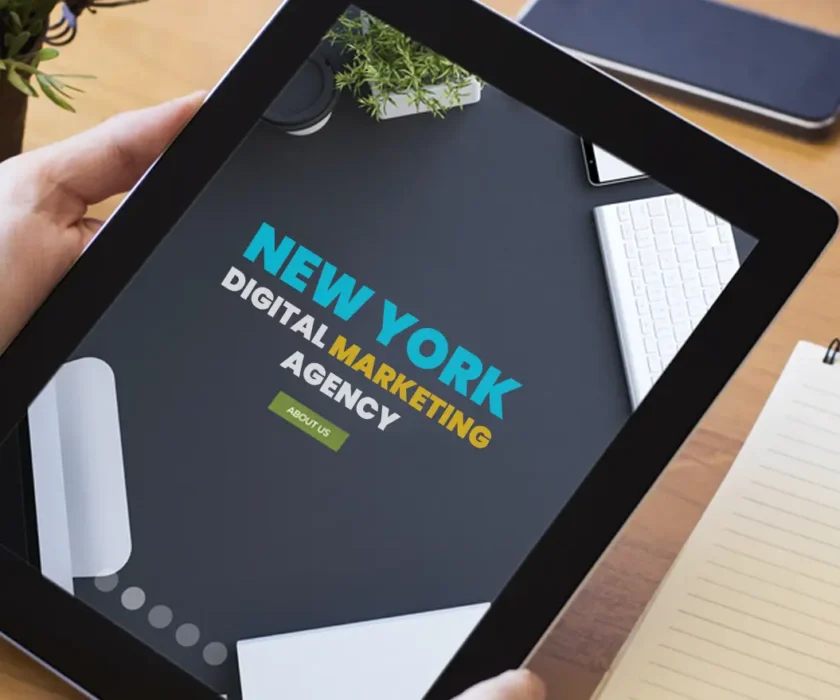In today’s fast-paced digital world, understanding how to use AI in digital marketing is the key to unlocking exceptional growth and success.
Businesses could get a competitive edge, enhance their marketing efforts, and build stronger connections with their customers by embracing the power of AI.
According to the research, 61.4% of marketers have used AI in marketing campaigns.
Moreover, businesses must constantly modify their tactics to create personalized, engaging customer experiences as they become more proficient in technology and their expectations rise.
Let’s learn how to use AI in digital marketing to revolutionize campaigns, enhance strategy, and provide outstanding results.

7 Ways of Using AI in Advertising
AI has completely transformed the digital industry by enabling marketers to personalize their content, more precisely target customers, and enhance their campaigns.
Here are a few ways of using AI in advertising:
- Targeting Audience
AI algorithms can examine vast amounts of data to find relevant audiences and determine which people are most likely to be interested in the advertised product or service.
As a result, it helps marketers increase their efforts’ effectiveness and raise the return on investment.
- Personalization
AI can customize the ads using information about a user’s preferences, browsing history, and demographics.
Additionally, marketers can promote engagement and relevancy, increasing conversion rates through personalized advertising.
- Advertisement Creation
AI tools can automate ad creation by generating multiple versions of ad copy, images, and layouts.
Advertisers can use AI to evaluate various combinations and find the most effective ones, saving them time and money.
- Chatbots And Virtual Assistants
AI-powered chatbots and virtual assistants could connect with clients in real-time, making recommendations that fit their needs, responding to their questions, and assisting them with purchasing.
It improves the customer experience and drives conversions.
- Predictive Analytics
AI algorithms can examine previous data and identify patterns and trends to predict future customer behaviour.
Therefore, marketers can choose the best ad placements, bid methods, and financial strategies for the most impact.
- Ad Placement Optimization
AI can evaluate user behaviour and contextual data to decide where and when to put advertisements.
Further, advertisers can use AI algorithms to efficiently reach their target audience to find the most relevant websites, applications, or social media platforms.
- Ad Fraud Detection
Artificial intelligence can detect trends and anomalies in ad traffic to identify and stop fraudulent actions like click fraud or ad stacking,
It helps marketers ensure that their ad budgets are used wisely and that actual users see their ads.

How to Use Artificial Intelligence in Business?
How businesses run has been completely transformed by artificial intelligence (AI), especially in marketing.
Businesses can gather insightful information, increase client engagement, and simplify processes using AI in marketing.
Furthermore, with the help of AI marketing platforms, businesses can better understand their customers’ preferences, behaviour, and trends.
AI-powered marketing platforms can automate data collecting, segmentation, and personalization tasks, enabling targeted advertising campaigns and customized customer experiences.
In addition, businesses could enhance their decision-making processes, simplify their marketing tactics, and ultimately increase growth in revenue by utilizing AI in marketing.

Benefits of AI in Marketing
AI technology in marketing strategies provides many benefits that can enhance client experiences, increase the efficiency of marketing campaigns, and boost company growth.
Some of the main benefits of AI in marketing are as follows:
- Enhanced Customer Insights
AI helps marketers learn more about their customers’ preferences and behaviour.
AI-powered technologies can create comprehensive client profiles by analyzing huge amounts of data from several sources, including social media, online interactions, and purchase history.
Therefore, marketers can target their campaigns to specific client categories, personalize their messaging, and modify product suggestions.
- Enhanced Customer Targeting And Segmentation
With AI, marketers can segment their target audiences more precisely. AI algorithms can analyze customer data and spot trends. Marketers can divide their client base into categories based on demographics, interests, purchasing histories, and more.
Moreover, this targeted strategy enables marketers to present highly relevant data, offers, and suggestions, boosting the chances of customer engagement and conversions.
- Personalized Content And Recommendations
AI-powered recommendation systems use customer behaviour and data to provide personalized content and product recommendations.
Further, these algorithms examine client preferences, purchase history, and browsing behaviour to recommend suitable items or services.
By providing customized experiences, marketers may increase customer satisfaction, encourage repeat business, and promote brand loyalty.
- Automated And Efficient Marketing Operations
AI automates various marketing procedures, simplifying operations and saving time and money. For instance, chatbots can handle customer inquiries, provide quick replies, and help with simple transactions.
Using AI-powered solutions, marketers can focus on higher-value activities like strategy and creativity by automating email marketing, ad placement, social media scheduling, and content development.
- Improved Lead Generation And Conversion
AI assists marketers in more efficiently identifying and nurturing leads. By examining consumer data and behaviours, AI algorithms can predict which leads are more likely to convert, allowing marketers to prioritize and spend resources effectively.
On top of that, AI can also automate lead nurturing procedures to increase conversion rates by providing personalized content and recommendations that guide prospects through the sales funnel.
- Data-Driven Decision Making
AI provides predictive analytics and data-driven insights to marketers. By analyzing enormous amounts of data, artificial intelligence could identify trends, patterns, and connections that human analysis might miss.
Furthermore, it helps marketers to manage resources, improve advertising strategies, and make better choices, based on data-backed insights, resulting in more successful campaigns and increased return on investment (ROI).
Takeaway
In conclusion, knowing how to use AI in digital marketing is a game-changer in today’s digital world. Those that embrace AI’s transformative capabilities and implement it into their plans will control the direction of digital marketing in the future.
Additionally, with the help of AI, marketers can develop more specific and targeted marketing strategies by gaining deep insights into customer behaviour and preferences.
For unrivalled success, unlock AI’s potential and completely transform your digital marketing approach.
Elevate Your Business With Our Digital Brilliance!
Do you need help to get visitors to your website and connect with your target market?
Go for ByteTeck Consulting, a digital marketing agency that will help you enhance your online presence and boost your company’s growth.
To keep your brand one step ahead of the competition, our team keeps up with the most recent marketing trends.
So, why are you waiting?
Contact us now to start growing your brand!
Personalized product suggestions based on user preferences and browsing history are one example of AI in marketing.
AI technologies that could help in marketing are automating repetitive processes, analyzing enormous amounts of data to find insights, enhancing consumer segmentation, improving customization, and optimizing advertising campaigns.
The ideal AI marketing tool may vary depending on your objectives and requirements.
Popular choices like customization tools like Optimizely, chatbot platforms like Chatfuel, and data analytics tools like Google Analytics.
Companies can start implementing AI in digital marketing by determining the areas where it can provide value, gathering and organizing relevant information, choosing suitable AI tools or platforms, training and fine-tuning AI models, and integrating AI solutions into current marketing systems.
AI will enhance marketing in several ways, which include the ability to provide more personalized and targeted customer experiences, the automation of time-consuming tasks, the dissemination of deeper insights into customer behaviour and preferences, the optimization of advertising campaigns for a better return on investment, and an overall improvement in the efficiency and effectiveness of marketing initiatives.
In marketing analytics, artificial intelligence (AI) is used to analyze and understand enormous amounts of data, find patterns and trends, predict customer behaviour, optimize pricing strategies, monitor the performance of campaigns, and make data-driven marketing strategy decisions.
AI is transforming customer interaction and personalization, automating marketing procedures, enabling hyper-targeted advertising, enhancing customer insights and segmentation, and enhancing overall marketing performance and effectiveness.
The four types of AI are:
Reactive machines, such as the chess-playing computer Deep Blue from IBM
Limited Memory, e.g. auto vehicles
Theory of Mind (currently not fully realized, refers to AI systems that can understand and predict human emotions, intentions, and beliefs)
Self-awareness (currently not fully realized, AI systems with consciousness and self-awareness)
Brands utilize AI in various ways, such as using chatbots for customer service, recommendation engines for personalized product suggestions, predictive analytics to optimize marketing campaigns, natural language processing for sentiment analysis of customer feedback, and AI-based image recognition for visual search and product tagging.




